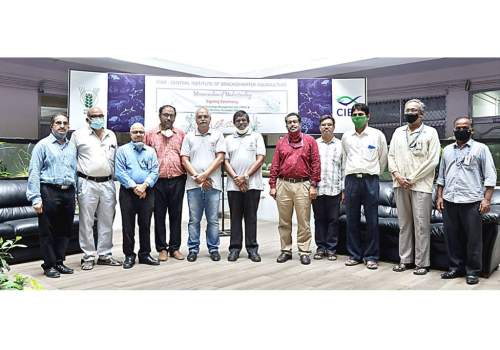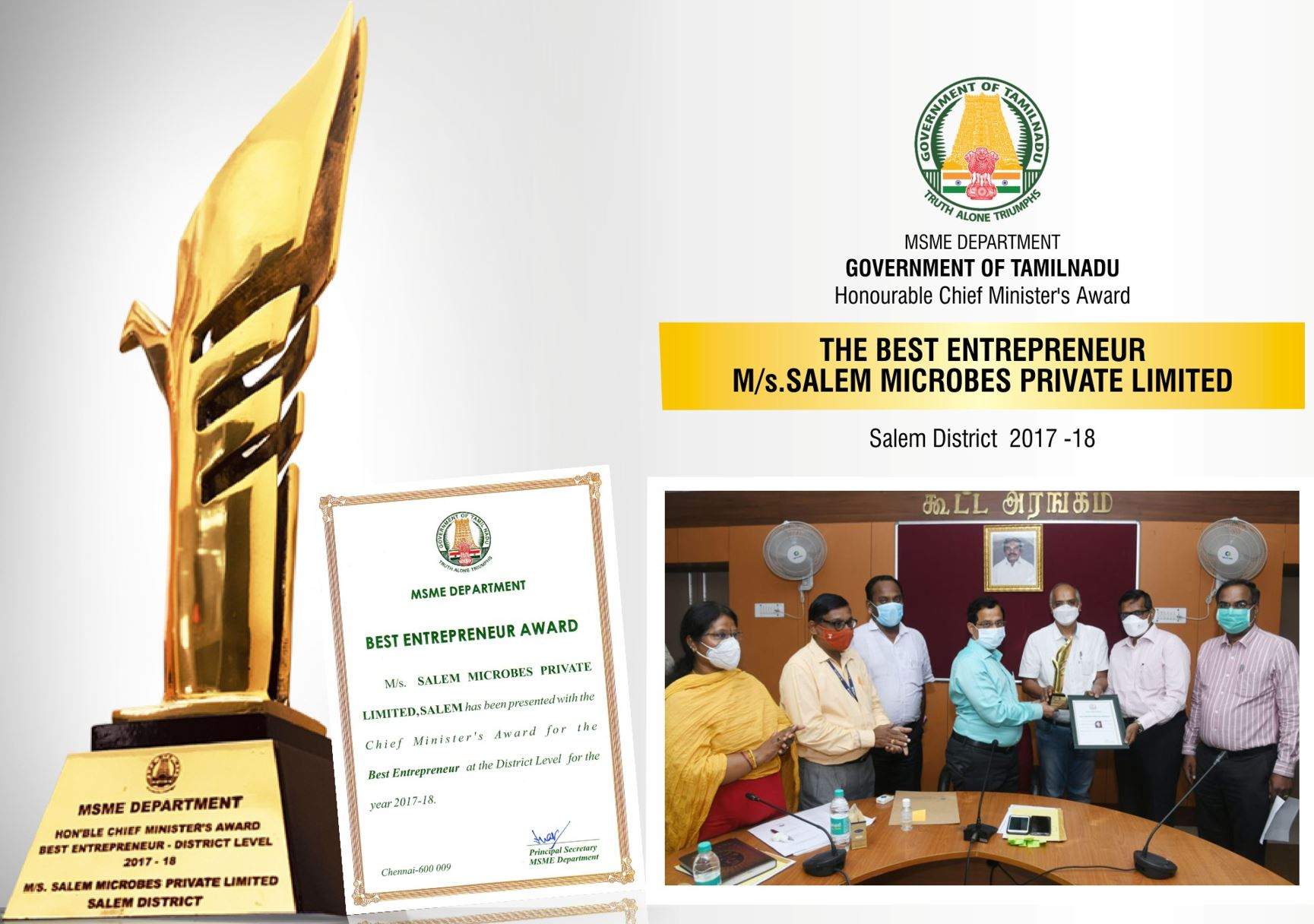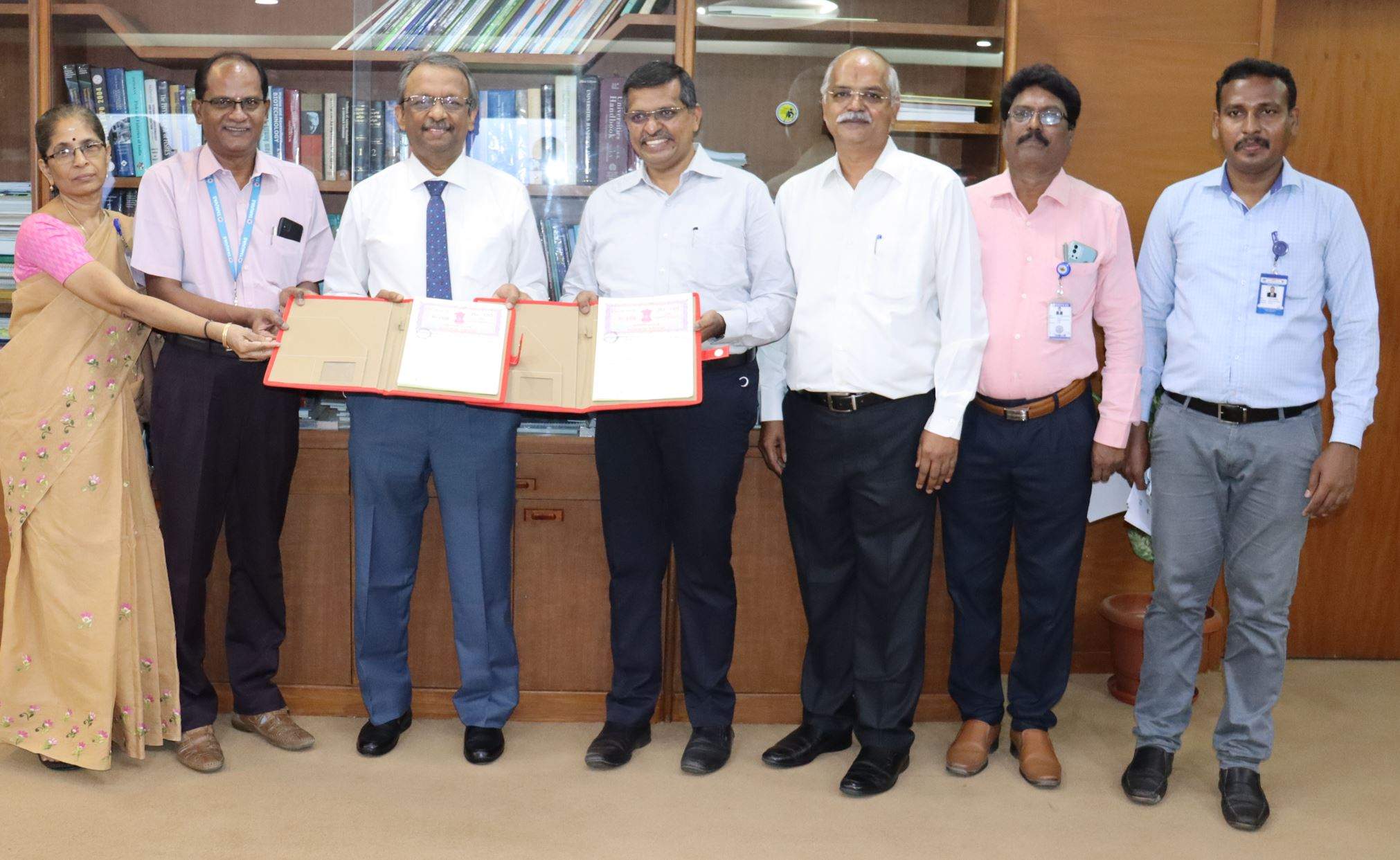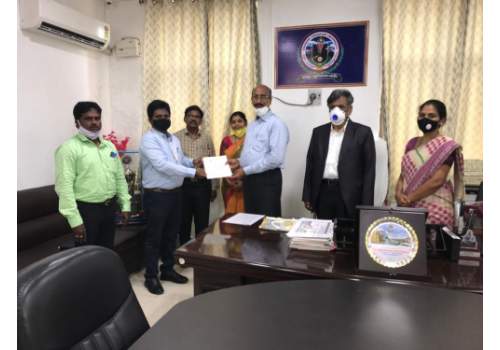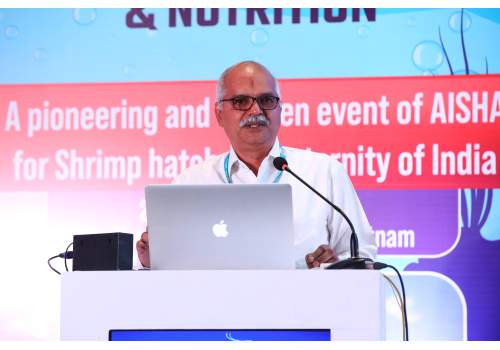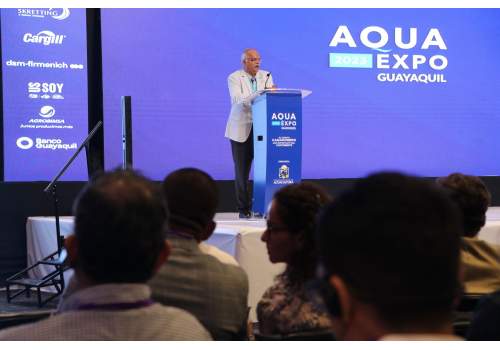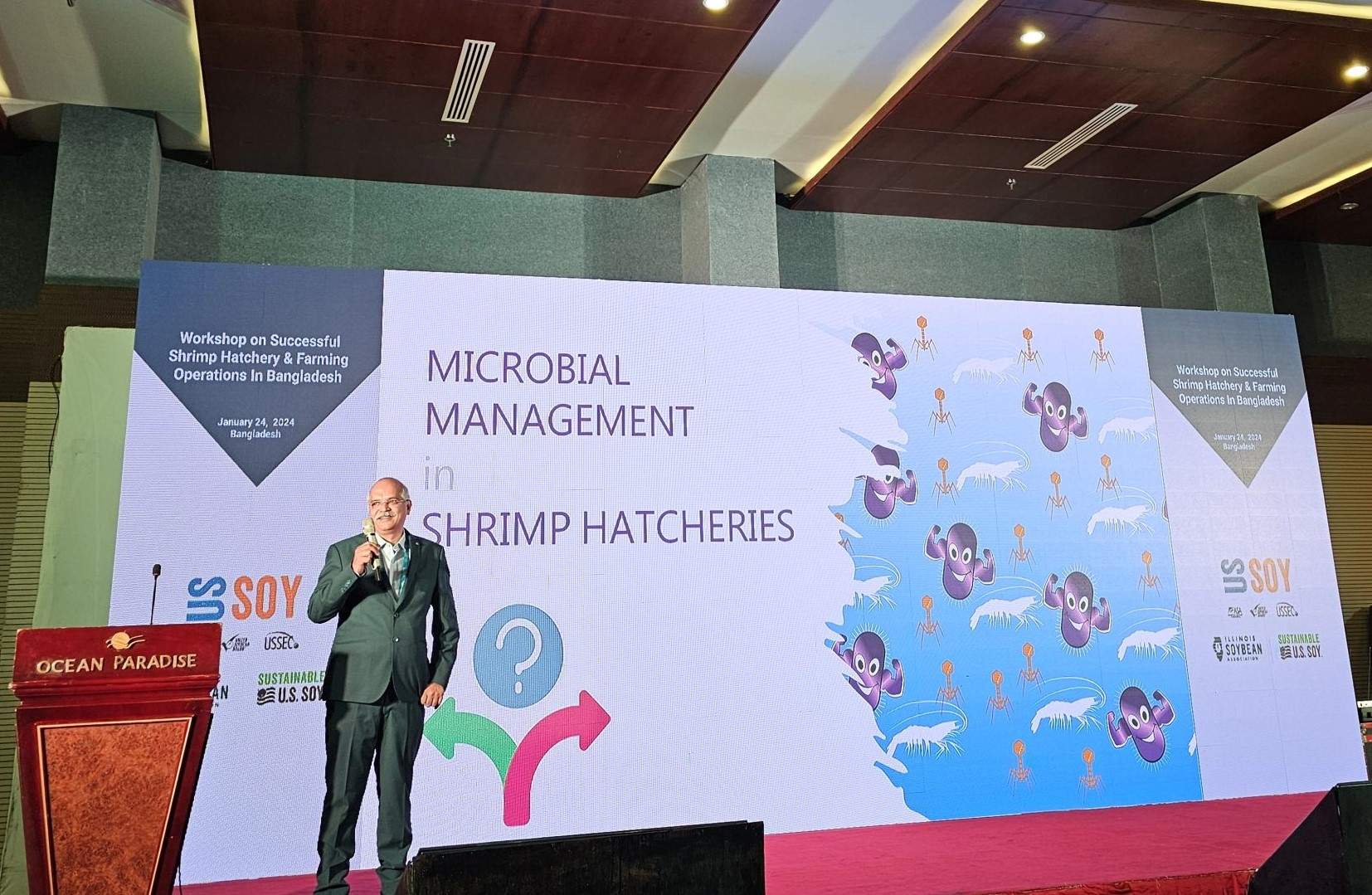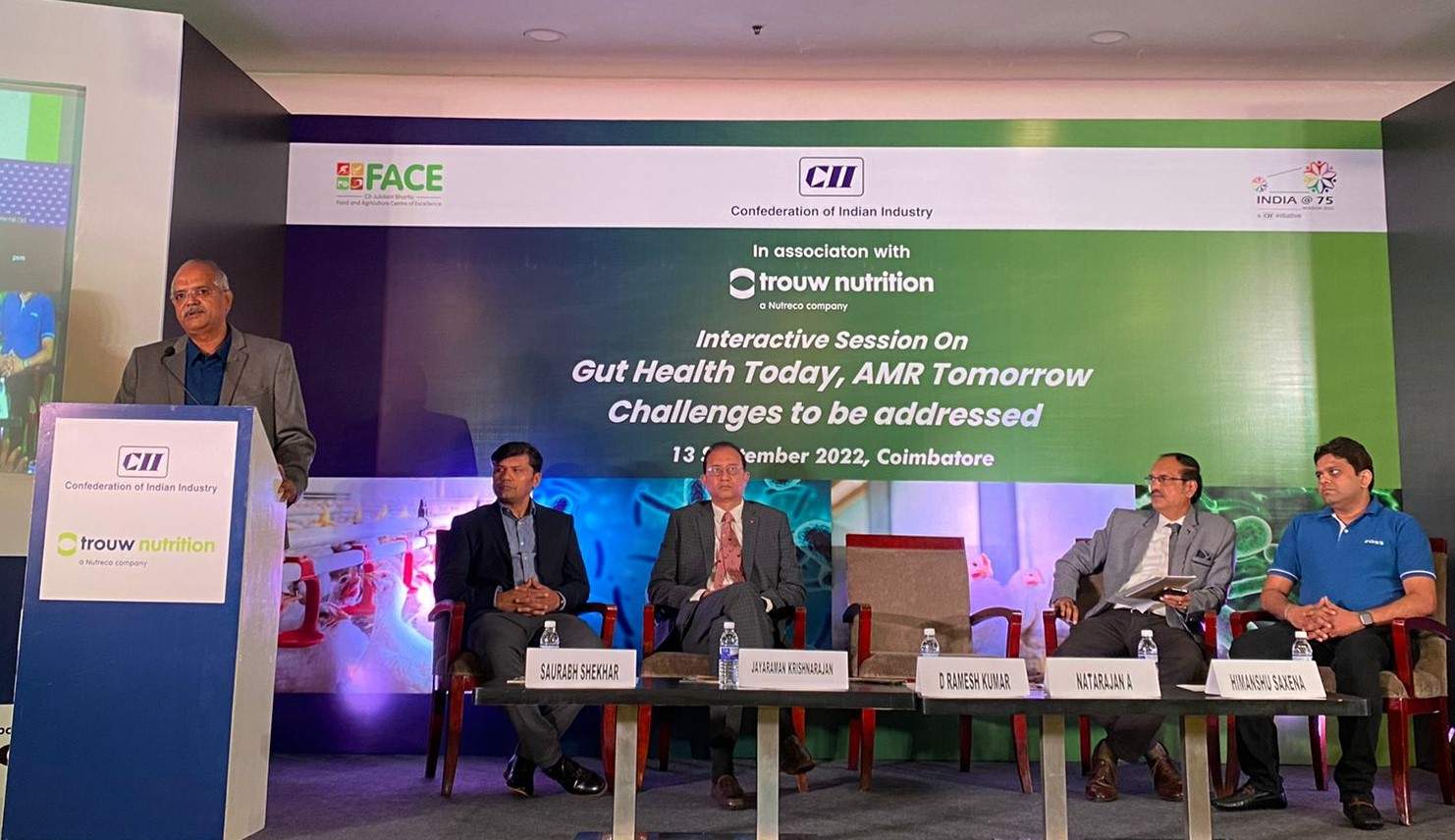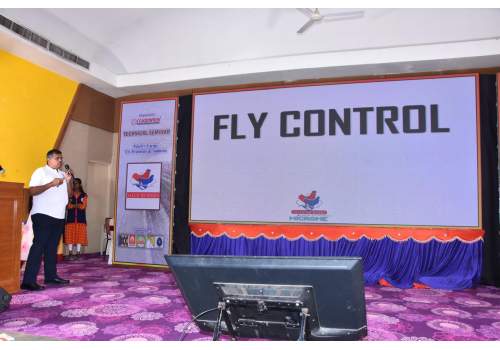At a time when the bacterial disease is posing a major threat to shrimp seed production, the ICAR Central Institute of Brackishwater Aquaculture (CIBA) has developed a bacteriophage-based product that is effective in biocontrol of the bacterial diseases in shrimp hatchery settings which would help produce quality shrimp seeds, free from antibiotics. The 'phage prophylaxis and therapy' developed by the research institute is based on bacteriophages which are viruses that kill only specific disease-causing bacteria and act as therapeutic agents in controlling bacterial infections, according to CIBA scientists. Unlike in the case of antibiotics, bacteriophage therapy has no residual issues and has the advantage of being specific to their host bacteria without harming other micro-organisms, they said.
A broad spectrum of lytic bacteriophages from the aquaculture system and coastal ecosystem of India has been used for the formulation of the product which has proved its efficacy in field evaluation trials. Bacteriophages and their lytic enzymes are in use for therapy of bacterial infections in humans and animals as bio-control agents for food protection, and as tools in molecular biology.
Aimed at popularising the product through large-scale commercial production and marketing, CIBA signed an MoU with Salem Microbes Private Limited, Salem to transfer the technology to the latter. Dr. K.K. Vijayan, Director CIBA emphasized the need for increased collaboration between research institutions and the industrial players, to bring out novel technologies to the stakeholders for sustainable development of brackishwater aquaculture in the country. Mr. Ramesh Kumar, CEO of Salem Microbes informed that Salem Microbes is keen to partnering with CIBA in scaling up phage technology for the benefit of the aquaculture sector. The company focuses on the exploitation of microbes for improved farming productivity and environmental quality.
